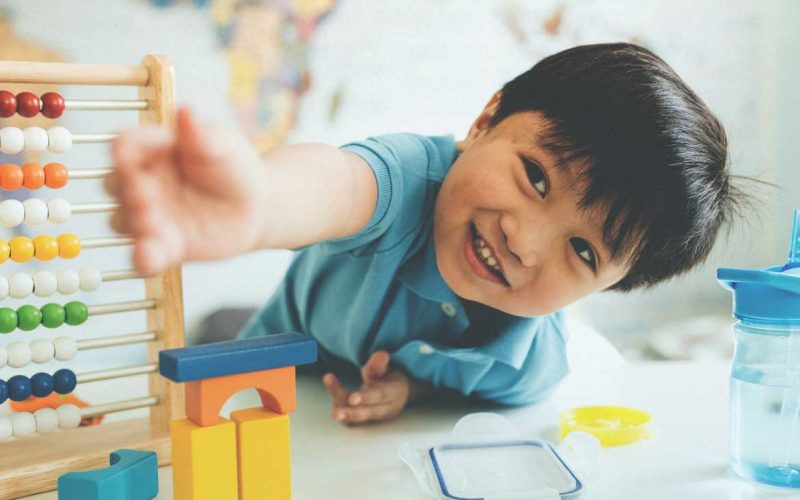Children are super active, especially between three to twelve years of age. If you do not manage this energy, it becomes destructive.
Healthy kids play a lot in school regardless of where they are. This makes them happy, and they learn social skills from an early age. The ability to make simple decisions like who plays on which team also counts as growth.
As a parent, you can help your children to get the most out of their playtime. Fun is good, but fun with intellectual growth is even better. This does not mean that you control how your kids play.
Help them to choose games that stimulate their brains without taking away the enjoyment. Below is a list of the types of play that can boost your children’s intelligence:
1. Chess
Almost every kid has heard about this game. The majority have basic knowledge of how to play. Chess is among the top board games of all time.
The game requires logic for the players to make moves that count. If you introduce your kids to this game at a young age, they will develop their brain muscles faster.
Chess initiates critical thinking in the players. When a child plays, they develop strategic thinking abilities. As the kid grows, they learn to make smart moves. The downside is that chess is a highly competitive game.
Some kids take defeat harder than others which might discourage them from playing. To ensure the children enjoy while reaping the utmost benefits from chess, assure them that it is okay to lose.
2. Unregulated Play
You must not structure your children’s playtime. Allowing your kids to play on their own is good for their growth. As a parent, there is always the temptation to follow your children while monitoring everything that they do.
This is necessary for their safety, but it can rob them of their freedom to make decisions.
Sometimes, let them fight until they reconcile on their terms. This is how they develop emotional intelligence as they acquire important social skills.
When children play on their own, they explore more. They also practice critical thinking to find answers to their questions.
3. Art Games
Art is both fun and educative. Children enjoy creating as they learn various ways of doing things. Different categories of art challenge your kids to create, as a way of bringing their thoughts to life. They can model various items as they tap into their imagination.
To make it more mind-teasing, ask them items that go hand in hand like a bow and arrow. This helps them to remember how different things relate to each other.
Drawing and painting also help kids to grow in creativity. They observe items then draw them to the best of their understanding. Painting involves a variety of colors, brushes, and painting surfaces. They learn to differentiate colors, textures, shapes, and sizes.
Exposing your kids to different forms of art will expand their thinking.
4. Outdoor Activities
Nature is refreshing, stimulating, and calming. Playing outside even for a few hours makes happy children. Interacting with nature enables your kids to exercise all their five senses.
They see insects, smell flowers, and feel the different soil textures. Hearing birds singing and tasting wild fruits awakens their cognitive abilities.
Outdoor sports like football, biking, and paintball are fun and engage the body and the mind. Exercise releases happy hormones to the body and brain. Happy children are ready to learn and grow their intellect.
5. Video Games
“Video games make children lazy.” Does that sound familiar? Well, that statement is both true and false. It depends on how you approach the subject.
Video games confine the players in a room with gadgets on their hands and are mostly seated. The advantage is that most video games are brain-teasers.
Children who play video games like car racing and puzzles may become smarter than those who don’t. All you need is to moderate the amount of time your kids spend on video games so that they do not overdo it.
This way, they will have fun and boost their intelligence as well.
Bottom Line
Whether structured or unstructured, playing is necessary for growth. As a parent, it is your responsibility to enrich your kids’ playtime. Provide opportunities for them to work out their brains wholly and have fun while at it.





